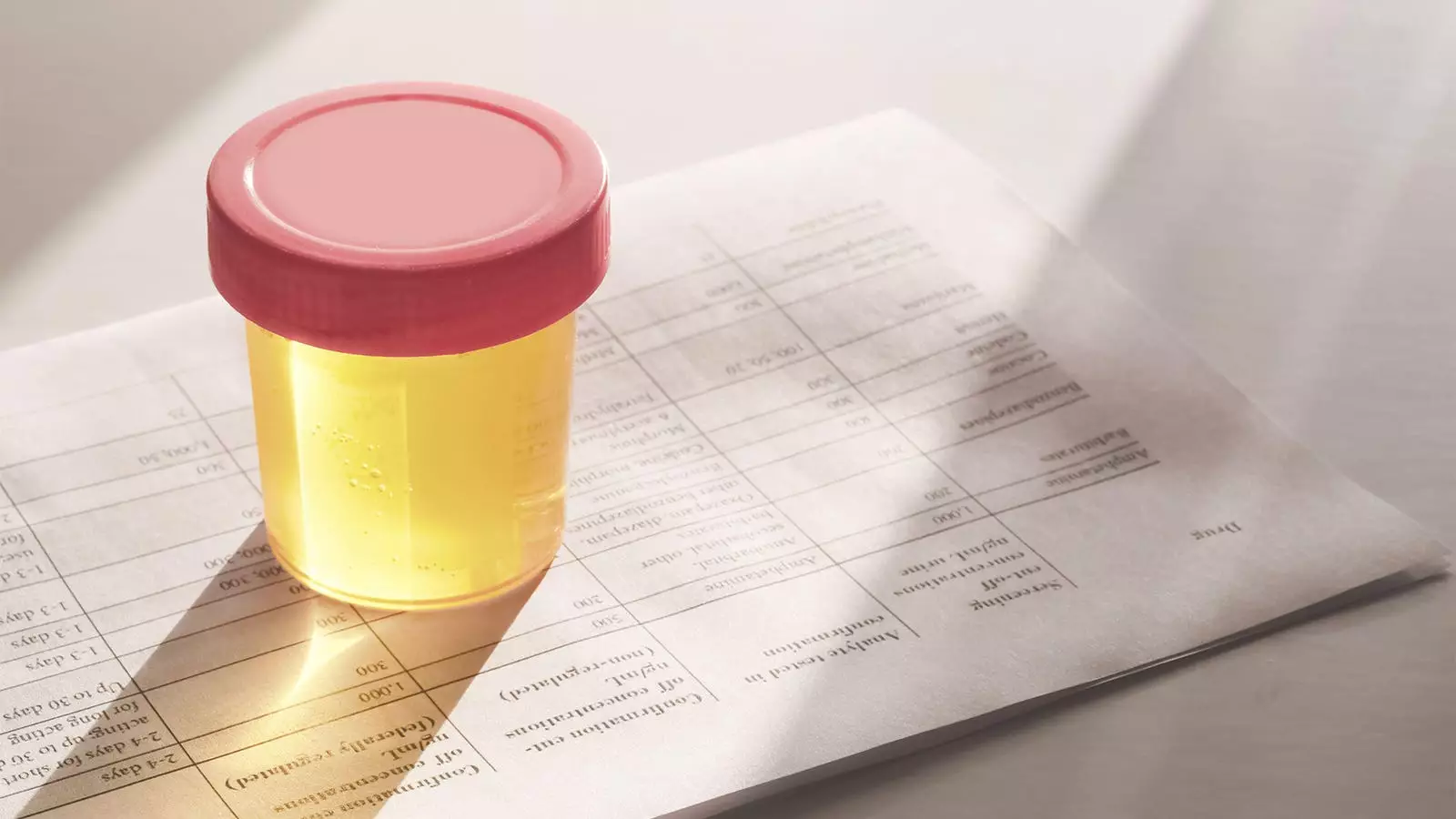Anthony Bing, a 64-year-old Navy veteran, found himself facing a potential jail sentence due to false-positive urine tests for alcohol. Despite not having consumed any alcohol in almost a year, Bing’s probation and freedom were at risk. This situation not only threatened to send him behind bars but also posed a significant risk to his health, as he struggled with various medical conditions.
Bing’s journey into the legal system began after developing a drug problem in his post-service years. His first arrest in 2017 led him to Veterans’ Treatment Court, a program designed to help individuals with addiction or mental illness access VA services. While these diversionary programs aim to assist nonviolent offenders in staying healthy and free, they also have the power to violate participants without concrete proof of wrongdoing. Bing’s false-positive urine tests put him at risk of losing all the progress he had made since entering the program.
The root cause of Bing’s false-positive results was attributed to the testing procedure itself. He was taking a common diabetes medication that produced high levels of sugar in his urine. Due to the samples being left at room temperature for an extended period before testing, the sugar fermented into alcohol, leading to the incorrect results. This issue was significant enough to warrant publication in the New England Journal of Medicine, highlighting the flaws in the current testing methods used in the criminal justice system.
A Troubling Trend
Bing’s case, unfortunately, is not an isolated incident. The lack of medical expertise among those administering drug tests, coupled with the absence of standardization across agencies and contractors, contributes to the high potential for false-positive results. Ordinary substances like hand sanitizer and prescription drugs can trigger inaccurate test outcomes, putting individuals like Bing at risk of unjust consequences.
As cases like Bing’s continue to emerge, there is a growing need for better procedures and standards in drug testing. The prevalence of widely prescribed medications like empagliflozin, which can lead to false positives if not handled correctly, underscores the urgency of implementing more rigorous testing protocols. Without proper safeguards in place, more individuals, particularly vulnerable populations like veterans, may fall victim to flawed testing practices.
Anthony Bing’s story serves as a stark reminder of the dangers posed by faulty drug testing procedures. The impact of inaccurate results can have far-reaching consequences, jeopardizing not only an individual’s freedom but also their health and well-being. It is imperative that steps be taken to address the shortcomings in current testing methods to prevent more cases like Bing’s from occurring in the future. It is time to prioritize scientific accuracy and fairness in the criminal justice system to ensure that no one is unjustly punished due to inadequate testing practices.


Leave a Reply